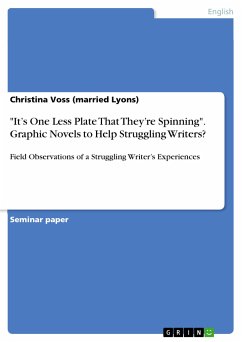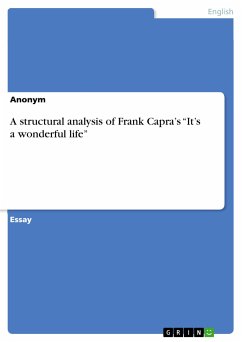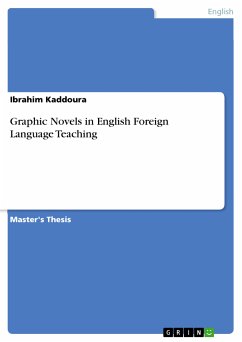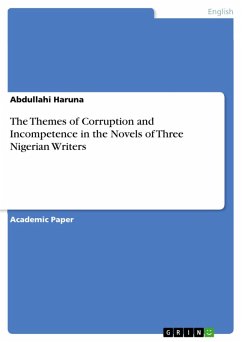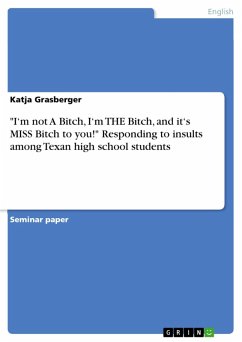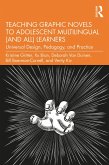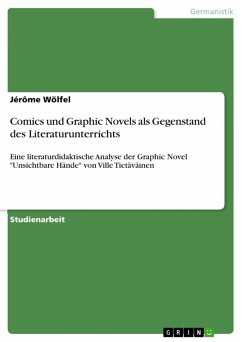Seminar paper from the year 2010 in the subject English Language and Literature Studies - Literature, grade: A, Southern Illinois University Carbondale (Curriculum & Instruction), language: English, abstract: In the history of teaching, different kinds of visual literacies could be shown beneficial for students; it need not be a whole novel rendered in pictures, it can start with simple letter recognition. The present study will deal with a struggling writer's experiences with graphic novels. My single case study participant is a 6th-grade, male struggling writer of African descent, born in the U.S. He is not professionally diagnosed, but has an IEP at his middle school for "executive function disorder," which officially does not exist as a "disease." His teachers have noticed that he has trouble executing written tasks, although he is perfectly able to dictate content of high quality. It seems to be not only a graphomotor dysfunction, for he can type a little better than handwrite; the main problem for him is to start a writing task, and also to finish it. As preliminary data from a year-long tutoring experience in a local Reading Clinic revealed, during which time I worked with him first in a classroom environment for half a year, and then in my office with just two tutees present, the boy reads at 9th grade level; however, when asked to do a quickwrite in 10 minutes, he can only come up with sentences like, "Can I have a drink please?", whereas the other tutees managed to write half a page or a page of a story. His handwriting is huge, uneven, bears mechanical errors (although not enough to call him dyslexic for his age category), and so slow-paced that he cannot manage to finish a task in a given time. In clear opposition to this stands the observation that Remy has an astonishingly advanced vocabulary; when talking to him, one thinks he is much older and more mature, and very polite and well-behaved. This impression fades when one tutors him, and he exhibits unsuppressed, child-like behavior like farting and belching without embarrassment. The other participants are 28 teachers / professors who use graphic novels and took an online survey; 2 high school English teachers who do not use graphic novels and were interviewed personally; 20 authors and illustrators, as well as scholarly reviewers of graphic novels who took their respective online surveys.
Dieser Download kann aus rechtlichen Gründen nur mit Rechnungsadresse in A, B, BG, CY, CZ, D, DK, EW, E, FIN, F, GR, HR, H, IRL, I, LT, L, LR, M, NL, PL, P, R, S, SLO, SK ausgeliefert werden.

